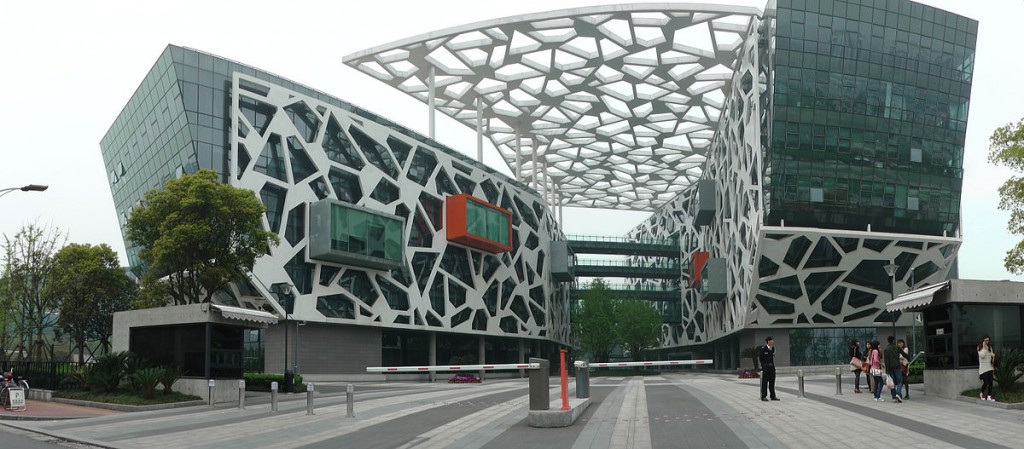Breaking
Alibaba profit down, invests in mobile, marketing
NEW YORK — Alibaba’s financial results in its first quarter as a publicly traded company highlight its strategy of plowing its profit back into investments, particularly in mobile commerce and marketing.
The Chinese e-commerce powerhouse said net income fell 39 percent in the July-September period despite a 54 percent surge in revenue on strong user demand.
The results released Tuesday show that Alibaba has a similar strategy as U.S. e-commerce retailer Amazon: Invest profit back into the company to spur long-term growth. Last month, Amazon.com Inc. reported a large loss in the third quarter despite a 20 percent increase in revenue.
But the two companies operate differently. Amazon works with third-party sellers but it also sells and distributes products directly, while Alibaba does not compete with its merchants or hold inventory.
Instead, Alibaba serves as a conduit that links buyers and sellers of all kinds. It makes money from transaction fees and marketing services.
Alibaba’s biggest tech competitors in China are Tencent Holdings Ltd., which operates online games and the popular WeChat messaging service, and Baidu Inc., a Chinese search engine. All three companies are hoping to capture mobile revenue as more users shift to shopping and spending time on mobile devices.
It was Alibaba’s first earnings report since it went public on the New York Stock Exchange in September. The $25 billion initial public offering was the largest ever. Alibaba operates such popular e-commerce platforms as Taobao and Tmall in China. Alibaba’s platforms account for some 80 percent of Chinese online commerce.
Chinese e-commerce is growing fast. Still growing at an explosive rate, online shopping is forecast by consulting firm McKinsey to triple from 2011 levels to $400 billion a year by 2015. Beyond that, Alibaba has said it plans to expand into emerging markets and, eventually, into Europe and the U.S.
In the latest quarter, net income after paying preferred dividends fell to 5 million, or 20 cents per share.
Excluding one-time items, net income was 45 cents per share, matching analyst expectations, according to FactSet.
Alibaba, which is based in Hangzhou, China, said the decline resulted partly from $490 million in stock-option expenses related to performance-based and retention grants to some executives before its IPO, with vesting periods of four to six years.
Other costs that the company took during the quarter included consolidating newly acquired businesses, investing in its mobile operating system and digital entertainment, and marketing costs.
“The fundamental strength of our business gives us the confidence to invest in new initiatives to add new users, improving engagement and customer experience, expand our products and services and drive long-term shareholder value,” Chief Financial Officer Maggie Wu said.
Revenue, as expected, was strong. Revenue rose 54 percent to $2.74 billion, beating analyst expectations of $2.61 billion. It was boosted by more mobile commerce and growth across its platforms.
Gross merchandise volume, the total amount of goods sold, rose 49 percent during the quarter. Annual active buyers rose 52 percent to 307 million. Mobile monthly active users more than doubled to 217 million.
Cantor Fitzgerald analyst Youssef Squali said strong results reflect “solid execution against the massive growth opportunity both in and outside of China.”
He said that even though Alibaba did not give any outlook, it’s likely that its strategy of investing in new initiatives like its mobile business, digital entertainment and higher marketing are likely to remain elevated.
Shares of Alibaba Group Holding Ltd. rose $3.17, or 3.1 percent, to $104.97 in afternoon trading Tuesday. That’s 13 percent higher than the $92.70 the stock opened at on its first day of trading.






















